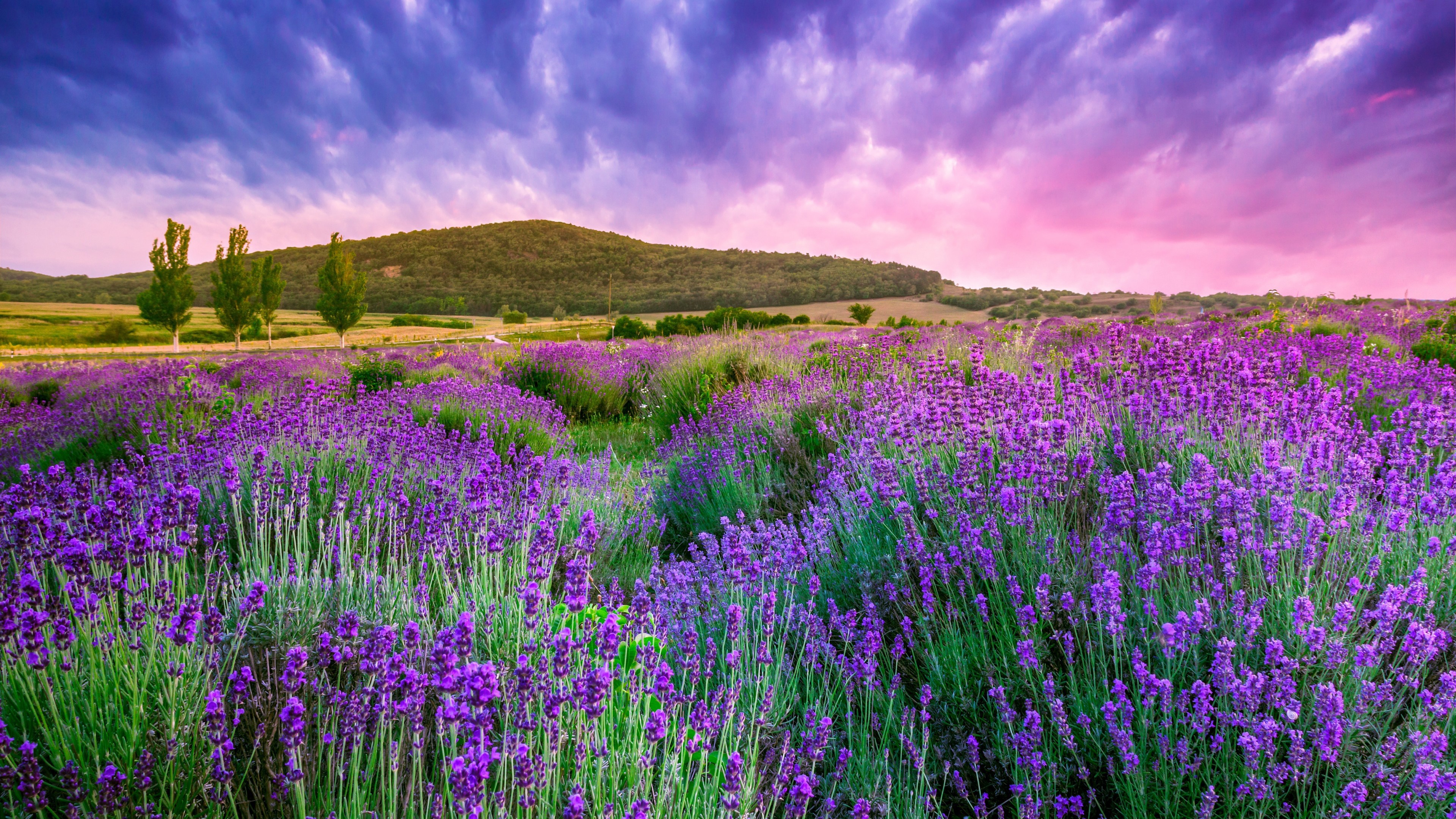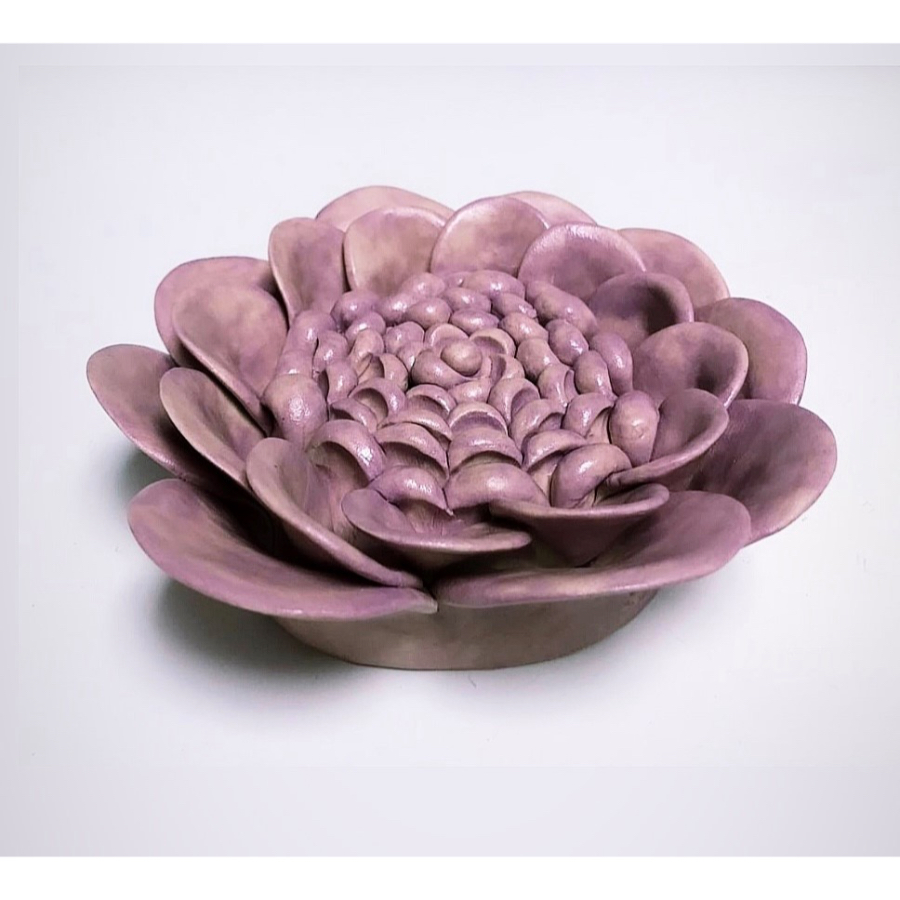Lavender blossom has captivated the hearts and minds of people for centuries, with its enchanting aroma and calming properties. Known for its vibrant purple hue and delicate flowers, lavender is more than just a plant—it's a symbol of tranquility and elegance. This article dives deep into the world of lavender blossom, exploring its uses, benefits, and cultural significance while offering practical tips for growing and utilizing this versatile herb.
From ancient civilizations to modern-day households, lavender blossom continues to be celebrated for its therapeutic qualities. Whether used in essential oils, teas, or ornamental gardens, lavender has proven itself as a timeless treasure. In this article, we will explore the various aspects of lavender blossom, ensuring you leave with a comprehensive understanding of its value and importance.
This guide aims to provide valuable insights into the world of lavender blossom, combining scientific research, historical context, and practical advice. By the end of this article, you'll be equipped with all the knowledge you need to appreciate and incorporate lavender blossom into your daily life.
Read also:Emily Delahunty The Rising Star Of The Fashion Industry
What is Lavender Blossom?
Lavender blossom refers to the flowering part of the lavender plant, which belongs to the mint family (Lamiaceae). Native to the Mediterranean region, lavender is renowned for its fragrant purple flowers and essential oil production. The most common species of lavender include Lavandula angustifolia (English lavender) and Lavandula stoechas (Spanish lavender).
The blossoms of lavender are not only visually appealing but also rich in beneficial compounds such as linalool and linalyl acetate, which contribute to its soothing aroma and medicinal properties. Lavender blossom is widely used in aromatherapy, perfumery, culinary applications, and traditional medicine.
History and Cultural Significance of Lavender
Historical Use of Lavender Blossom
Lavender has a long and storied history, with evidence of its use dating back thousands of years. Ancient Egyptians used lavender in mummification processes, while Romans incorporated it into their bathing rituals. During the Middle Ages, lavender was prized for its antiseptic and healing properties, often used to treat wounds and infections.
In the Victorian era, lavender became a symbol of love and devotion, with dried lavender blossoms often included in wedding bouquets. Today, lavender continues to hold cultural significance, symbolizing peace, purity, and serenity.
Health Benefits of Lavender Blossom
Therapeutic Properties of Lavender
- Reduces stress and anxiety
- Improves sleep quality
- Relieves headaches and migraines
- Promotes relaxation and calmness
- Acts as a natural antiseptic and anti-inflammatory
Research has shown that inhaling lavender essential oil can significantly reduce anxiety levels and improve overall mood. A study published in the Journal of Alternative and Complementary Medicine found that lavender oil inhalation improved sleep quality in college students experiencing sleep disturbances.
How to Grow Lavender Blossoms
Choosing the Right Location
Growing lavender blossom requires careful consideration of environmental conditions. Lavender thrives in sunny locations with well-drained soil, making it ideal for Mediterranean climates. Ensure your planting area receives at least six hours of direct sunlight daily.
Read also:Sui Generis Age Understanding The Concept History And Implications
Caring for Lavender Plants
- Water sparingly, allowing the soil to dry between waterings
- Mulch around the base to retain moisture and prevent weeds
- Prune regularly to encourage bushy growth and prolong blooming
- Fertilize sparingly, as lavender prefers nutrient-poor soil
By following these guidelines, you can cultivate healthy lavender plants with abundant blossoms. Remember, patience is key, as lavender typically takes two to three years to reach its full potential.
Uses of Lavender Blossom
Essential Oils and Aromatherapy
Lavender blossom is a cornerstone of aromatherapy, with its essential oil being one of the most popular worldwide. Lavender essential oil is extracted through steam distillation and is used in diffusers, massage oils, and bath products. Its calming effects make it ideal for promoting relaxation and reducing stress.
Culinary Applications
While not as commonly used in cooking as other herbs, lavender blossom adds a unique floral flavor to both sweet and savory dishes. It pairs well with honey, citrus, and berries in desserts and can be infused into teas and syrups. When using lavender in culinary applications, ensure you use culinary-grade lavender to avoid any unwanted bitterness.
Scientific Research on Lavender
Several studies have investigated the benefits of lavender blossom and its derivatives. According to a review published in the Journal of Clinical Psychology, lavender essential oil has been shown to reduce symptoms of anxiety and depression in clinical settings. Additionally, a study in Phytomedicine highlighted lavender's potential as a natural sleep aid, with participants reporting improved sleep quality after inhaling lavender oil before bedtime.
Popular Varieties of Lavender
English Lavender (Lavandula angustifolia)
English lavender is the most widely cultivated variety, prized for its high-quality essential oil and robust fragrance. It is known for its narrow leaves and long spikes of purple flowers, making it an excellent choice for ornamental gardens.
French Lavender (Lavandula stoechas)
French lavender, also known as Spanish lavender, features distinctive pineapple-shaped flower heads with colorful bracts. While its essential oil content is lower than English lavender, it is still valued for its ornamental appeal and mild fragrance.
DIY Projects with Lavender Blossom
Creating Lavender Sachets
Dried lavender blossoms are perfect for crafting sachets that can be placed in drawers, closets, or linen cabinets. To make a lavender sachet, sew small fabric pouches and fill them with dried lavender flowers. Not only do these sachets provide a pleasant scent, but they also help repel moths and insects.
Making Lavender-infused Oil
Infusing oil with lavender blossoms is a simple way to create a natural remedy for sore muscles and joint pain. Simply place fresh or dried lavender flowers in a jar, cover with carrier oil (such as olive or almond oil), and let it sit for two to four weeks. Strain the mixture and use the infused oil for massages or topical applications.
Tips for Using Lavender Blossom Safely
While lavender blossom is generally safe for most people, there are a few precautions to consider. Individuals with sensitive skin should perform a patch test before using lavender essential oil topically. Additionally, pregnant women and those with certain medical conditions should consult a healthcare professional before using lavender products.
Conclusion
In conclusion, lavender blossom offers a wealth of benefits, from its calming aroma to its diverse applications in health, beauty, and cooking. By understanding its history, cultivation, and uses, you can fully appreciate the versatility and value of this remarkable plant. Whether you're growing lavender in your garden or incorporating its essential oil into your daily routine, the possibilities are endless.
We encourage you to share your thoughts and experiences with lavender blossom in the comments below. If you enjoyed this article, consider exploring other topics on our site or sharing this article with friends and family who may benefit from its insights. Together, let's celebrate the beauty and power of nature's gifts.
Table of Contents
- What is Lavender Blossom?
- History and Cultural Significance of Lavender
- Health Benefits of Lavender Blossom
- How to Grow Lavender Blossoms
- Uses of Lavender Blossom
- Scientific Research on Lavender
- Popular Varieties of Lavender
- DIY Projects with Lavender Blossom
- Tips for Using Lavender Blossom Safely
- Conclusion


